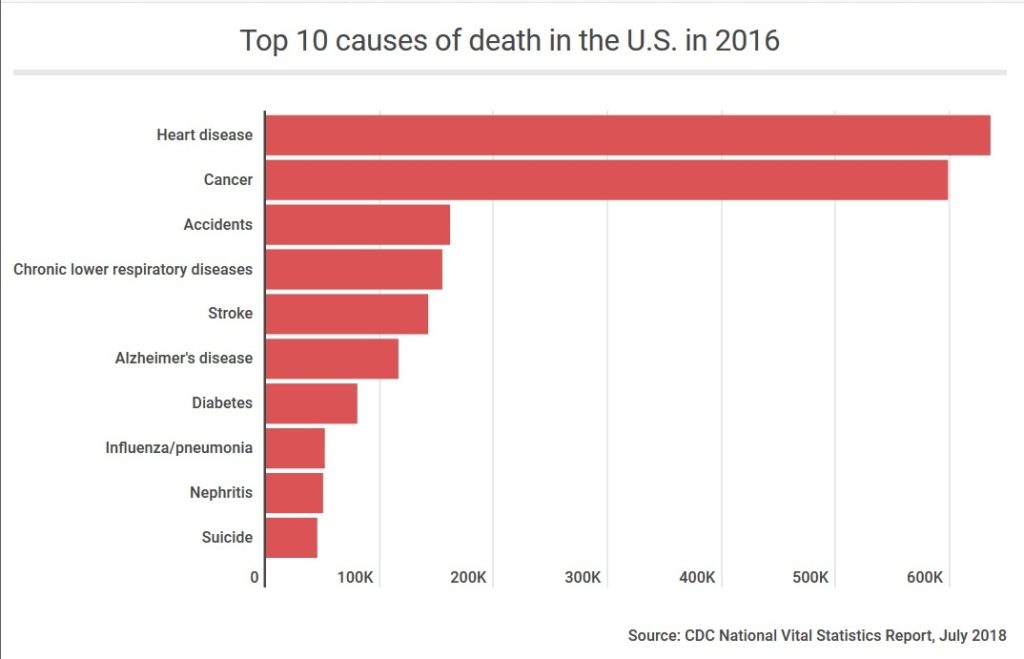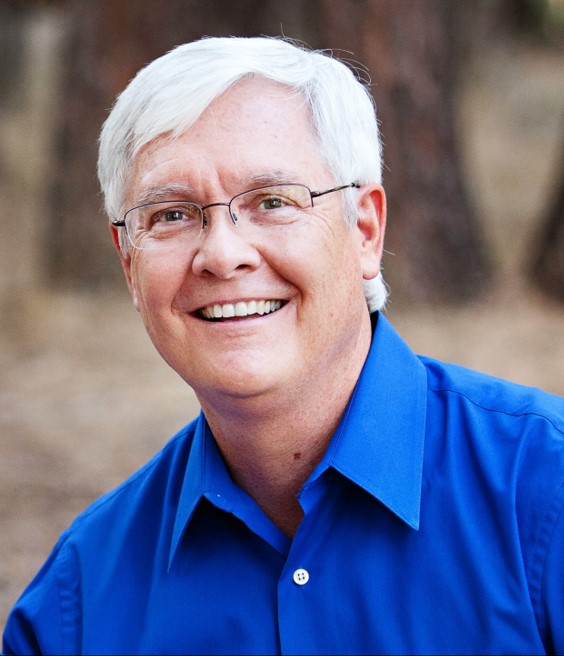By Robert “Bud” James, PhD
If you are feeling stressed by all the TV and radio newscasts, newspapers, and emails that focus on the latest virus outbreak, you’re not alone. Interestingly enough, the virus is not the real issue – the anxiety it creates is the real killer.
On the light end of the scale, anxiety and fear drives irrational purchases, excessive hoarding, avoidance strategies, and can make us say or do stupid things. In the middle of the spectrum fear creates anxiety, raises our blood pressure, drives poor eating choices, destroys sleep, and endangers relationships. It can drive people to do things without thinking. When they do occasionally think about it, the defensive justifications flow like water.
But fear can do much more harm than any virus. When we are in full fear-based reactive mode, we unconsciously shift into fight, flight, freeze, or appease. When we are there, it is not pretty.
Information is raging at us faster than ever before. Just trying to cope with the river of information and misinformation can cause stress and worry. Now add to that torrent all the data regarding COVID-19. It can be stunningly overwhelming and trigger deep fear patterns.
It’s not the single one-time reaction to bad news that is really the issue. We are built to react – it’s in our DNA. Long-term anxiety that never goes away is what actually damages us. Background stress that seems to never end. The chronic, ongoing anxiety that is triggered by the barrage of data that seems to reinforce our fear of the unknown – is killing us.
Studies posted on WebMD have identified many health problems related to stress. Stress can increase the risk or even worsen conditions like obesity, heart disease, Alzheimer’s, diabetes, depression, gastrointestinal problems, and asthma. It can destroy relationships and shorten our lives.
What Can We Do?
1. Reality Check
When something new pops-up on the horizon, we pay attention to it. That basic survival skill is why we have thrived on the planet. But we must put these “Bright Shiny Objects” into perspective. They are not all equally good or equally bad.
Let’s look at the worst-case scenario. Here is the CDC’s report on how American’s die.



